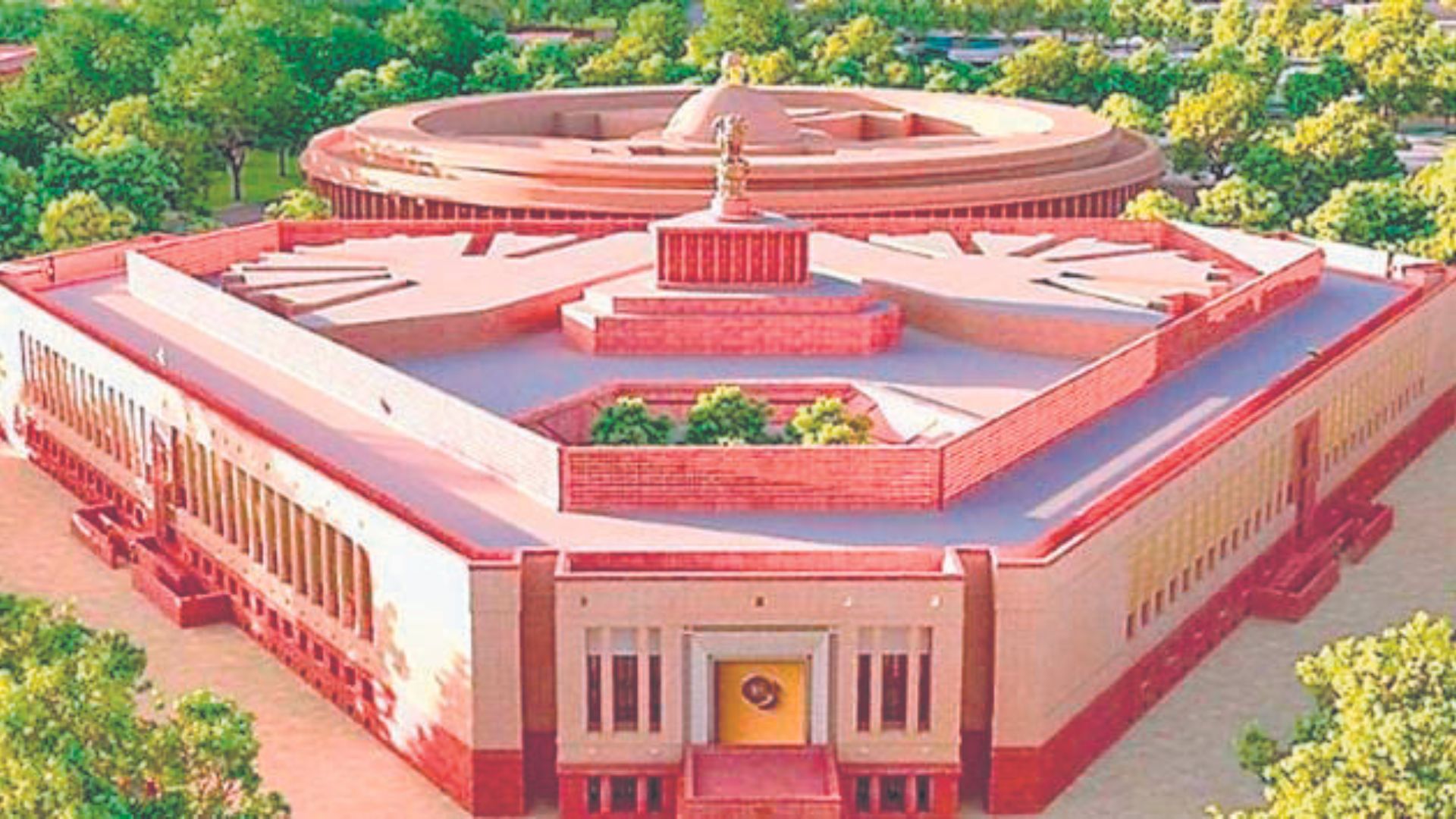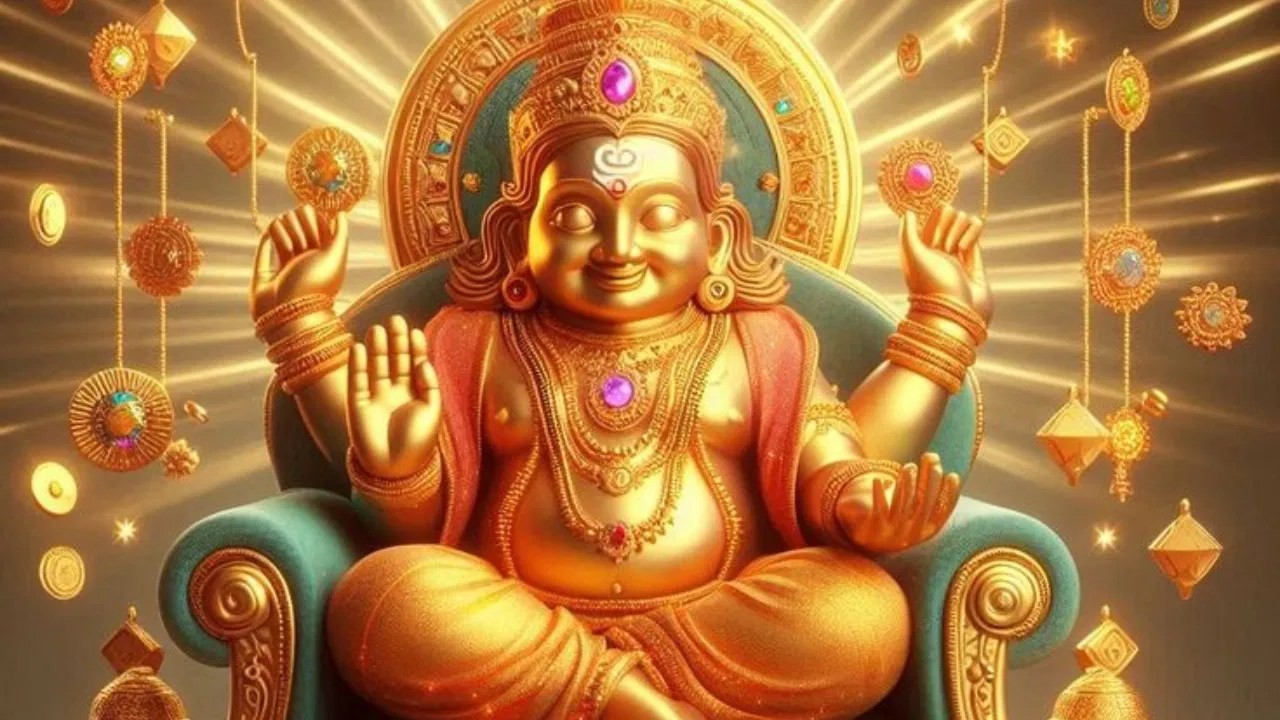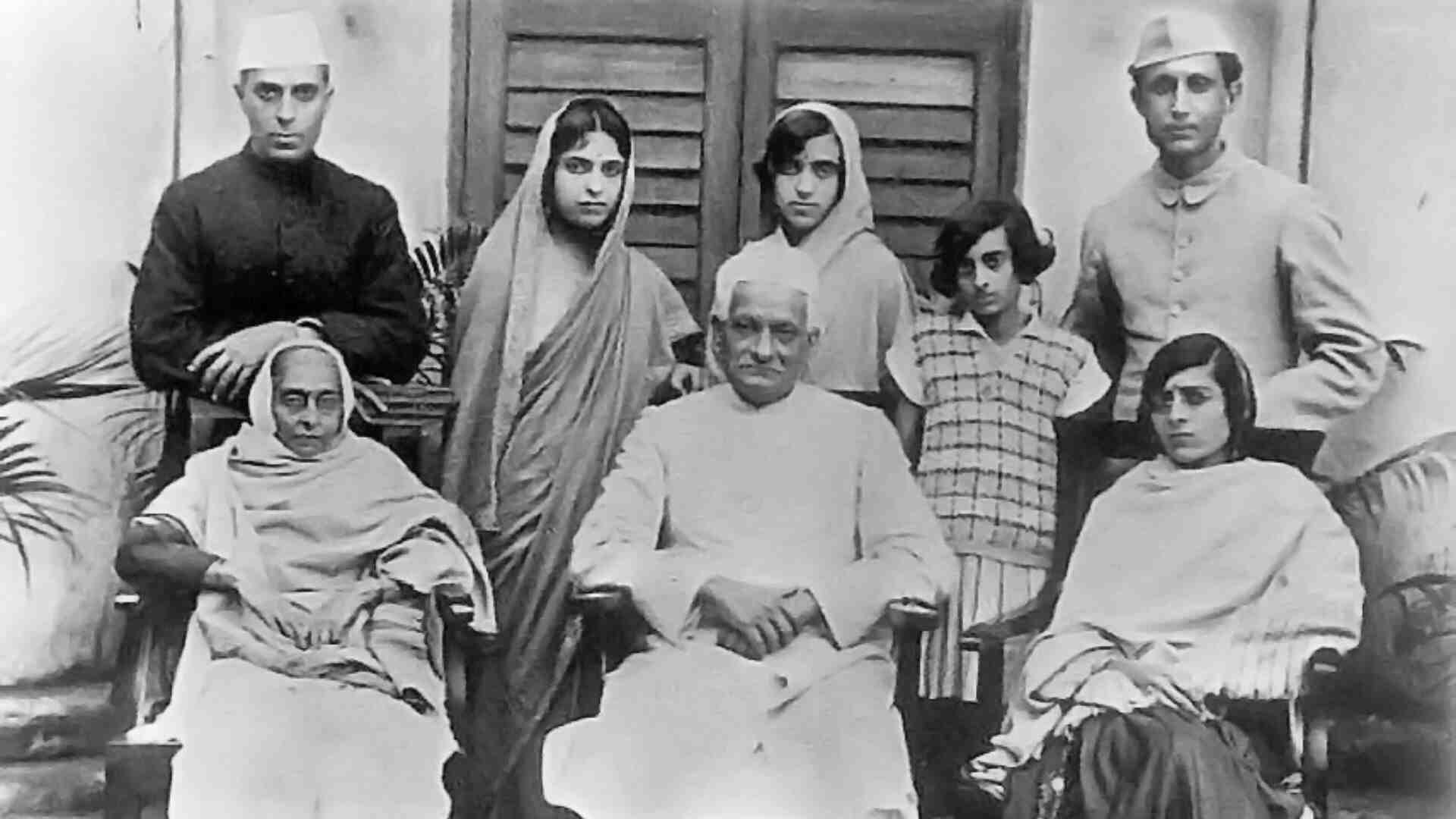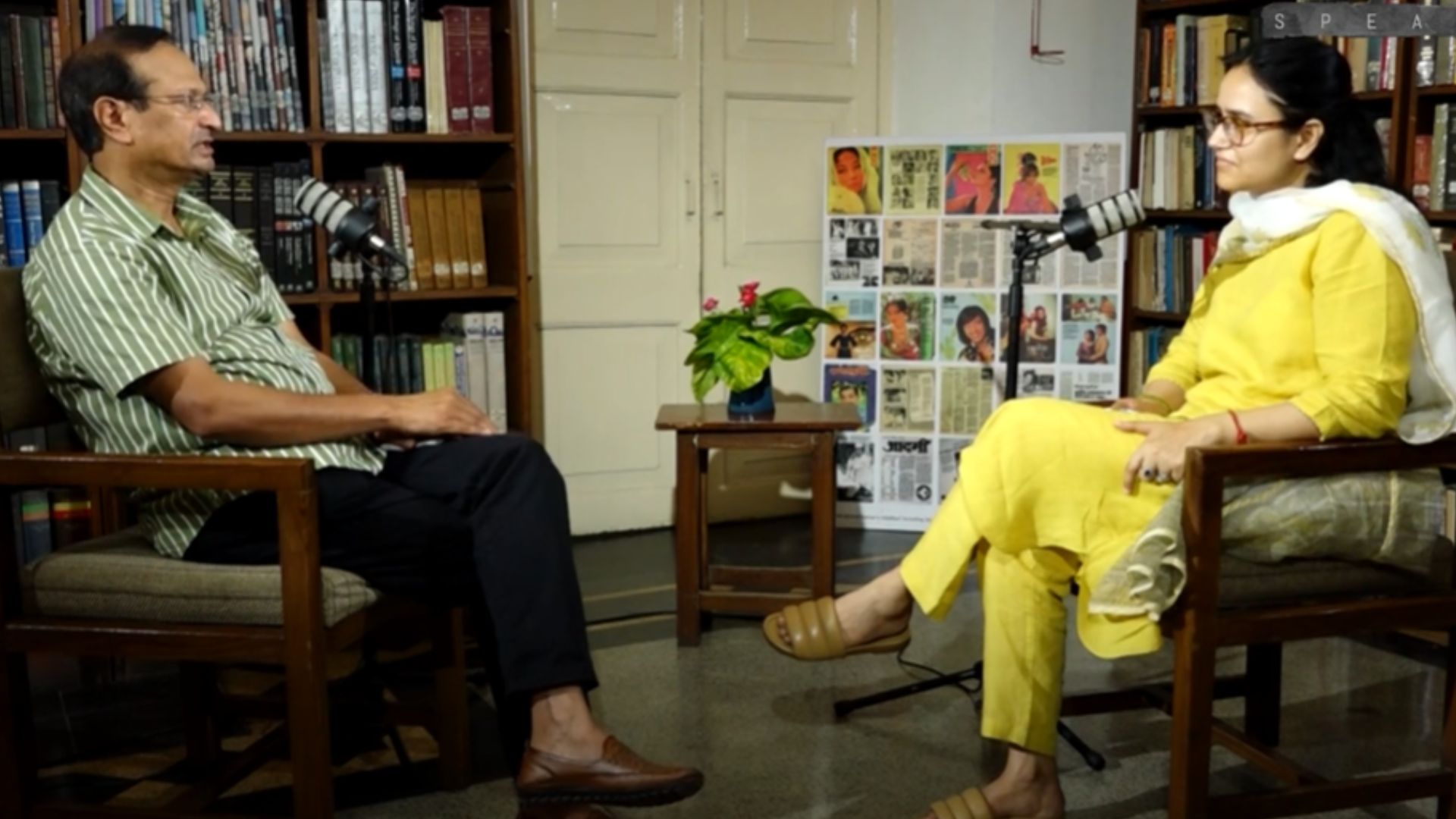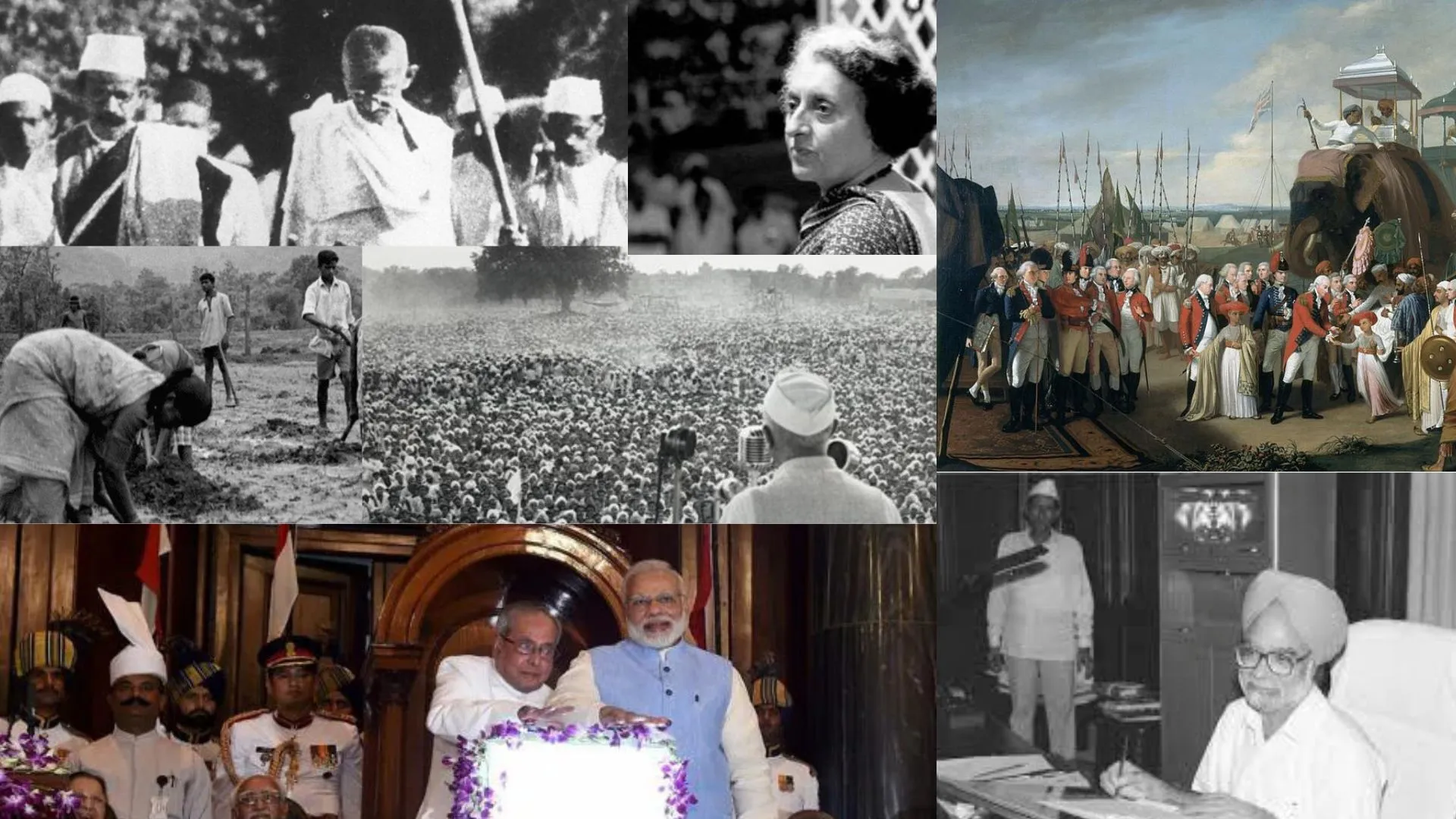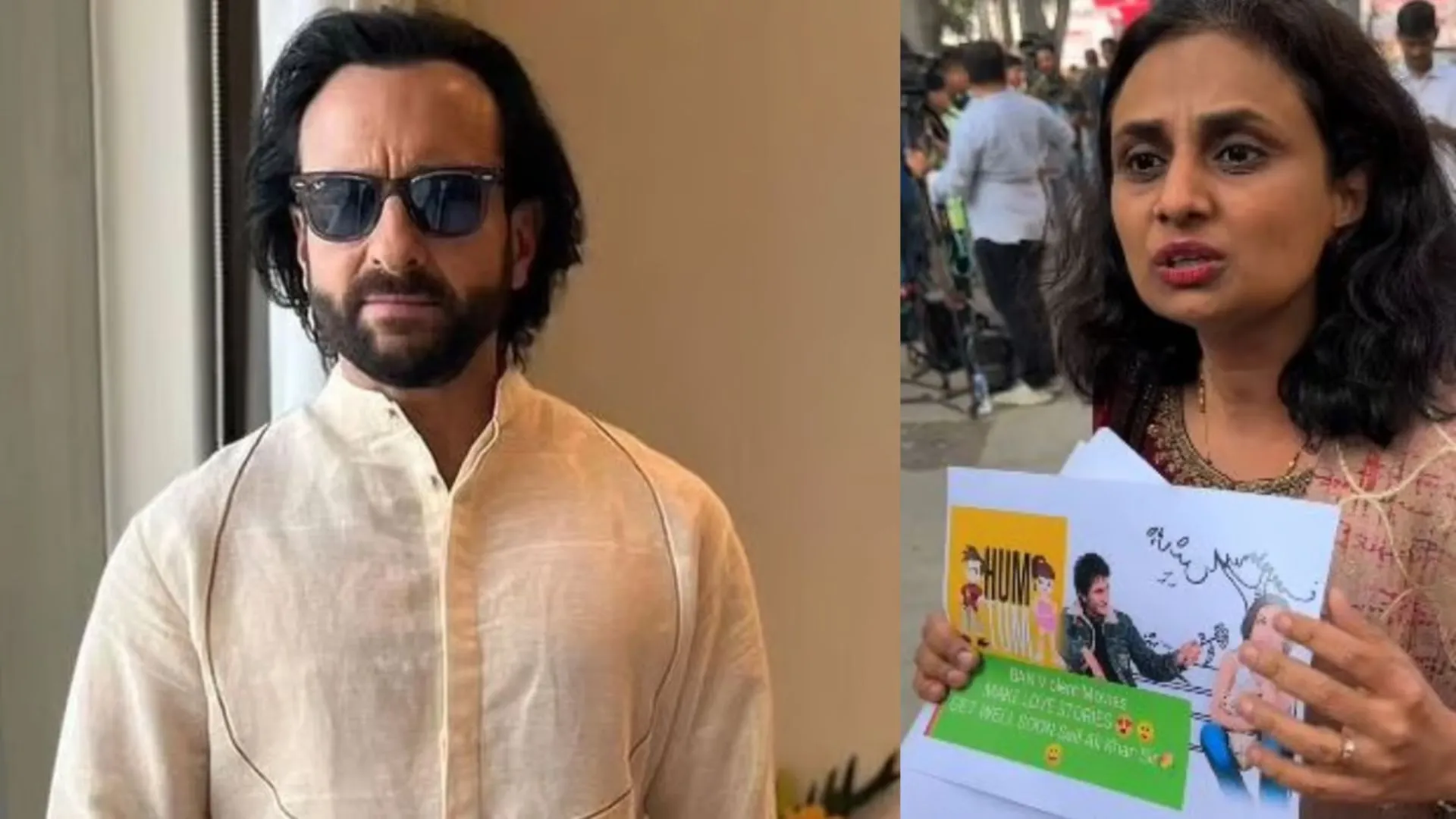Parliamentarians serve as the backbone of India’s democracy, wielding immense significance in shaping the nation’s governance, legislation, and representation. Through their roles as Members of Parliament (MPs) in the Lok Sabha and the Rajya Sabha, these elected representatives play multifaceted roles that are vital for the functioning of Indian democracy.
First and foremost, parliamentarians are entrusted with the responsibility of enacting laws that govern the country. As lawmakers, they participate in the process of drafting, debating, and passing legislation, ensuring that laws are formulated to address the evolving needs and challenges of society. Through their contributions to parliamentary debates and committee discussions, MPs offer diverse perspectives, insights, and expertise that enrich the legislative process. This legislative function is crucial for maintaining the rule of law, promoting social justice, and fostering economic development.
Moreover, parliamentarians play a crucial role in holding the government accountable to the people. Through mechanisms such as question hours, zero-hour discussions, and parliamentary committees, MPs scrutinize the actions and policies of the executive branch, ensuring transparency, accountability, and good governance. By raising questions, seeking clarifications, and demanding accountability from government officials, parliamentarians act as watchdogs, safeguarding the interests of citizens and ensuring that public resources are utilized efficiently and effectively.
Today, we are providing a list of the parliamentarians in the country who had served the maximum terms and played a significant role in the democracy of the country:
Indrajit Gupta – 11 Terms
The longest
serving member
Indrajit Gupta was the longest serving Member of Parliament from the Lok Sabha. He belonged to the Communist Party of India and won the seat a record 11 times from 1960 until 2001 barring the 1977 election. He represented Calcutta South West, Alipur, Basirhat and Midnapur constituencies in West Bengal. He also became the Union Home Minister under H D Deve Gowda and I K Gujral. He died as MP, setting the record for the longest-serving member of the Indian Parliament’s Lower House.
Gupta was elected to the Lok Sabha, the lower house of Parliament of India, for the first time in 1960, in a by-election. Thereafter, except for a short period from 1977 to 1980, he was a member till his death. In later years, as a result of his being the oldest member of the Lok Sabha he served as pro tem Speaker in 1996, 1998 and 1999. The office of pro tem Speaker is a ceremonial one mainly to conduct the swearing in of the newly elected members.
Gupta served on a number of parliamentary committees with distinction. He was chairman of the parliamentary standing committee on defence during 1995–1996 and was chairman of the committee on subordinate legislation from 1999 till his death. He was a member of the rules committee during 1990–1991, general purposes committee during 1985–1989 and from 1998 onwards; committee on defence from 1998–2000, committee on petitions during 1986–1987, business advisory committee from 1986–1987 and in 1989, library committee during 1990–1991 and the committee to review Lok Sabha Secretariat rules in 1990.
Atal Bihari Vajpayee – 10 Terms
Atal Bihari Vajpayee served as the prime minister for three terms. He won the Lok Sabha seat 10 times as a member of the Bhartiya Jan Sangh, which merged with the Janata party and later the Bhartiya Janata Party. He represented Balrampur (1957-71), Gwalior (1971-77) and New Delhi (1977-84) before he was elected from Lucknow for five consecutive terms from 1991 to 2009. Vajpayee’s ten terms as a Member of Parliament (MP) epitomize a legacy of dedication, leadership, and statesmanship. From his debut in 1957 to his retirement in 2004, Vajpayee left an indelible mark on Indian politics through his eloquence, integrity, and commitment to public service. As an MP, he tirelessly represented the people, contributed to legislative deliberations, and played a pivotal role in shaping the nation’s destiny. His parliamentary journey stands as a shining example of principled politics and unwavering dedication to the welfare of the nation and its citizens. He was an Indian politician and poet who served three terms as the 10th Prime Minister of India, first for a term of 13 days in 1996, then for a period of 13 months from 1998 to 1999, followed by a full term from 1999 to 2004.
Somnath Chatterjee – 10 Terms
A lawyer by profession, Somnath Chatterjee was elected to the Lok Sabha 10 times as a member of the Communist Party of India (Marxist). He was the 14th Speaker of the Lok Sabha during the Manmohan Singh-led UPA-I. The communist doyen represented Bardhaman, Jadhavpur and Bolpur constituencies from 1971 to 2009. The CPI(M) expelled him from the party following a no-confidence motion against the UPA government on the Indo-US nuclear deal. Chatterjee retired from politics after completing his term in 2009 and Bolpur became a Scheduled Caste reserved constituency. Chatterjee embodied communist ideology throughout his ten consecutive terms as a Member of Parliament, representing the Jadavpur constituency with unwavering dedication. Rising to prominence as the Speaker of the Lok Sabha from 2004 to 2009, he earned acclaim for his impartiality and commitment to parliamentary decorum, transcending partisan divides. Chatterjee’s legal acumen and principled stance were evident during the tumultuous trust vote of 2008, where he chose to prioritize the sanctity of his constitutional role over party allegiance, leading to his expulsion from the Communist Party of India (Marxist). His enduring legacy rests on his unwavering commitment to parliamentary democracy, his legacy serves as a beacon for future generations, emphasizing the primacy of institutional integrity and principled leadership in sustaining democratic values.
P M Sayeed – 10 Terms
The Congress leader P M Sayeed was elected to the Lok Sabha every single time for 10 consecutive terms from 1967 until 2004. He represented the Lakshadweep constituency since its formation in 1967. He was the Union Power minister in the UPA government in 2005 when he passed away from a cardiac arrest. A member of the Indian National Congress, Sayeed served as a Member of Parliament for ten terms, representing the Lakshadweep constituency. His political career was marked by a commitment to serving the interests of the people of Lakshadweep and advocating for their development and welfare. Sayeed’s tenure saw significant advancements in infrastructure, education, and healthcare in the region, as he worked tirelessly to address the unique challenges faced by its residents. As a seasoned parliamentarian, he actively participated in legislative debates and committees, using his expertise to shape policies and initiatives aimed at empowering marginalized communities. Sayeed’s legacy endures through his enduring impact on the socio-economic landscape of Lakshadweep and his steadfast dedication to public service, making him a revered figure in Indian politics.
Kamal Nath – 9 Terms
Kamal Nath, the present chief minister of Madhya Pradesh, is a nine-time member of the Lok Sabha from the Chhindwara constituency in Madhya Pradesh. He was first elected to the 7th Lok Sabha in 1980 as a member of the Indian National Congress. His political career spans decades, characterized by his unwavering commitment to championing the interests of his constituents and advocating for the socio-economic development of his region. Nath’s tenure as a parliamentarian was marked by his active involvement in legislative affairs, where he contributed significantly to shaping policies and initiatives aimed at fostering inclusive growth and addressing the needs of the people. Beyond his parliamentary duties, Nath has held various ministerial portfolios at both the state and central levels, demonstrating his versatility and leadership prowess. With his deep-rooted connection to the grassroots and his astute political acumen, Kamal Nath continues to be a formidable force in Indian politics, leaving a lasting impact on the communities he serves.
George Fernandes – 9 Terms
George Fernandes was a journalist and statesman who was elected to the Lok Sabha nine times. The socialist Fernandes has held key portfolios in the Union government including defence, railways and industry. He was also a founder of the Samata party. Born in Mangaluru in Karnataka, he was first elected to the Lok Sabha from the Mumbai South constituency in 1967 on a Samyukta Socialist Party ticket. For the 1977 elections, he went to Muzaffarpur in Bihar, where he became MP for three terms. He also represented Bihar’s Nalanda. He was an MP from various constituencies across Bihar and Karnataka. His political journey was characterized by his fervent advocacy for the rights of workers, farmers, and marginalized communities. Fernandes played a pivotal role in organizing labor movements and spearheading protests against injustice and oppression. His tenure as an MP was marked by his fearless stance against authoritarianism and his relentless pursuit of democratic values. Beyond his parliamentary duties, Fernandes held several key ministerial portfolios, including Defense Minister, where he earned acclaim for his integrity and dedication to modernizing India’s defense forces. George Fernandes’s legacy as a champion of the marginalized and a fearless defender of democracy continues to inspire generations, cementing his place as one of the most influential leaders in Indian political history.
Giridhar Gamang – 9 Terms
Giridhar Gamang is a former chief minister of Odisha and a nine-time member of the Lok Sabha from Koraput constituency in Odisha. He was a member of the Indian National Congress. Representing the Koraput constituency of Odisha, Gamang’s political career spanned decades, marked by his unwavering dedication to serving the interests of his constituents. His deep-rooted connection to the people of Koraput and his tireless efforts towards their development endeared him to voters across generations. Gamang’s parliamentary tenure was characterized by his active participation in legislative affairs, where he advocated for policies aimed at uplifting tribal communities, promoting rural development, and addressing socio-economic disparities. Beyond his parliamentary duties, Gamang held several ministerial positions, including Chief Minister of Odisha, where he implemented initiatives to improve governance and infrastructure in the state. His enduring legacy as a champion of the marginalized and a dedicated public servant continues to inspire, leaving an indelible mark on the political landscape of Odisha.
Khagapati Pradhani – 9 Terms
Khagapati Pradhani was a member of the Indian National Congress who was elected to the Lok Sabha nine times from the Nowrangpur constituency in Odisha. A stalwart of the political landscape in the region, Pradhani’s career was defined by his unwavering commitment to the welfare of his constituents and his tireless efforts towards their socio-economic upliftment. His deep understanding of the local issues and his empathetic approach endeared him to the people of his constituency, who consistently reposed their trust in him at the ballot box. Pradhani’s parliamentary tenure was marked by his active engagement in legislative matters, where he advocated for policies aimed at addressing the needs of the rural populace, promoting infrastructure development, and advancing the cause of social justice. Beyond his parliamentary duties, Pradhani played a pivotal role in shaping the political landscape of Odisha, earning respect for his integrity, humility, and dedication to public service.
Madhavrao Scindia – 9 Terms
A descendant of the erstwhile Scindia dynasty Madhavrao Scindia worked with the Congress and became a member of Parliament nine times. He also held the portfolios of Railways, Tourism, Civil Aviation and Human Resource Development under various governments. He was an MP from Guna constituency of Madhya Pradesh. Renowned for his charisma, intellect, and tireless dedication to public service, Scindia earned the unwavering trust and admiration of his constituents. His parliamentary career was marked by a relentless pursuit of development initiatives, infrastructure projects, and policies aimed at improving the lives of the people of Guna and beyond. Beyond his legislative duties, Scindia held several ministerial portfolios, including that of Railways and Civil Aviation, where he left a lasting impact through his visionary reforms and modernization efforts. His tragic demise in a plane crash in 2001 cut short a promising political career, leaving a void in Indian politics and an enduring legacy of service, leadership, and commitment to the welfare of the people.
Ram Vilas Paswan – 8 Terms
Current Union Minister Ram Vilas Paswan has become an MP eight times. The Dalit leader began his political journey as a socialist and was associated with Jaya Prakash Narayanan. As a Janata Party candidate in Hajipur, he set a world record by securing 89.30 per cent of polled votes in the 1977 Lok Sabha election. During the VP Singh government, Paswan became Labour Minister. Under Deve Gowda and I K Gujral, he served as Railway Minister. He then held the communication and coal portfolios during the NDA government until 2002. In 2000, Paswan formed the Lok Janshakti Party.
He even supported the UPA government in 2004. Paswan has a record of serving under five different prime ministers and serving ministries in all the ruling alliances since 1996. He is currently the minister of consumer affairs food and public distribution.

